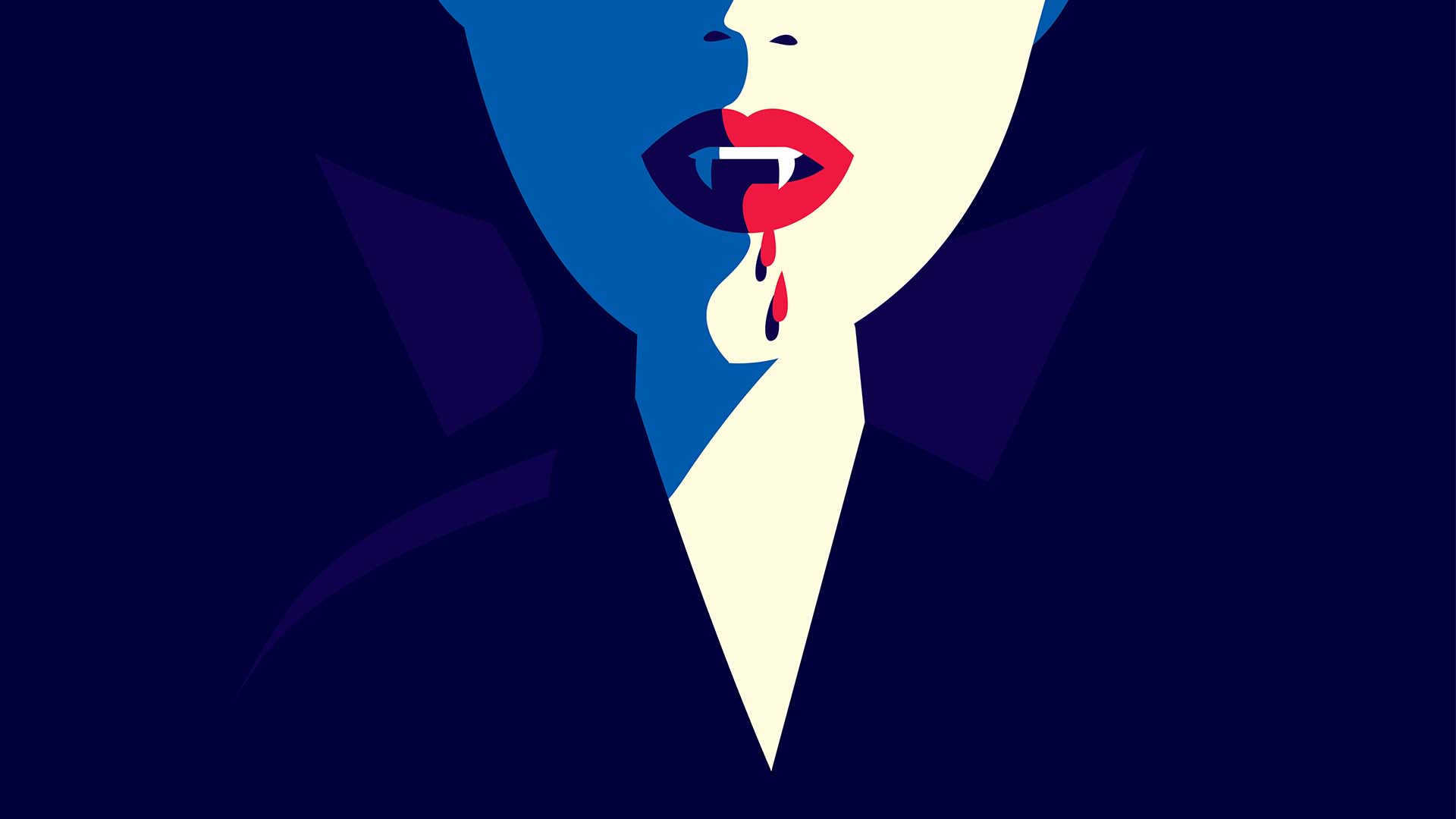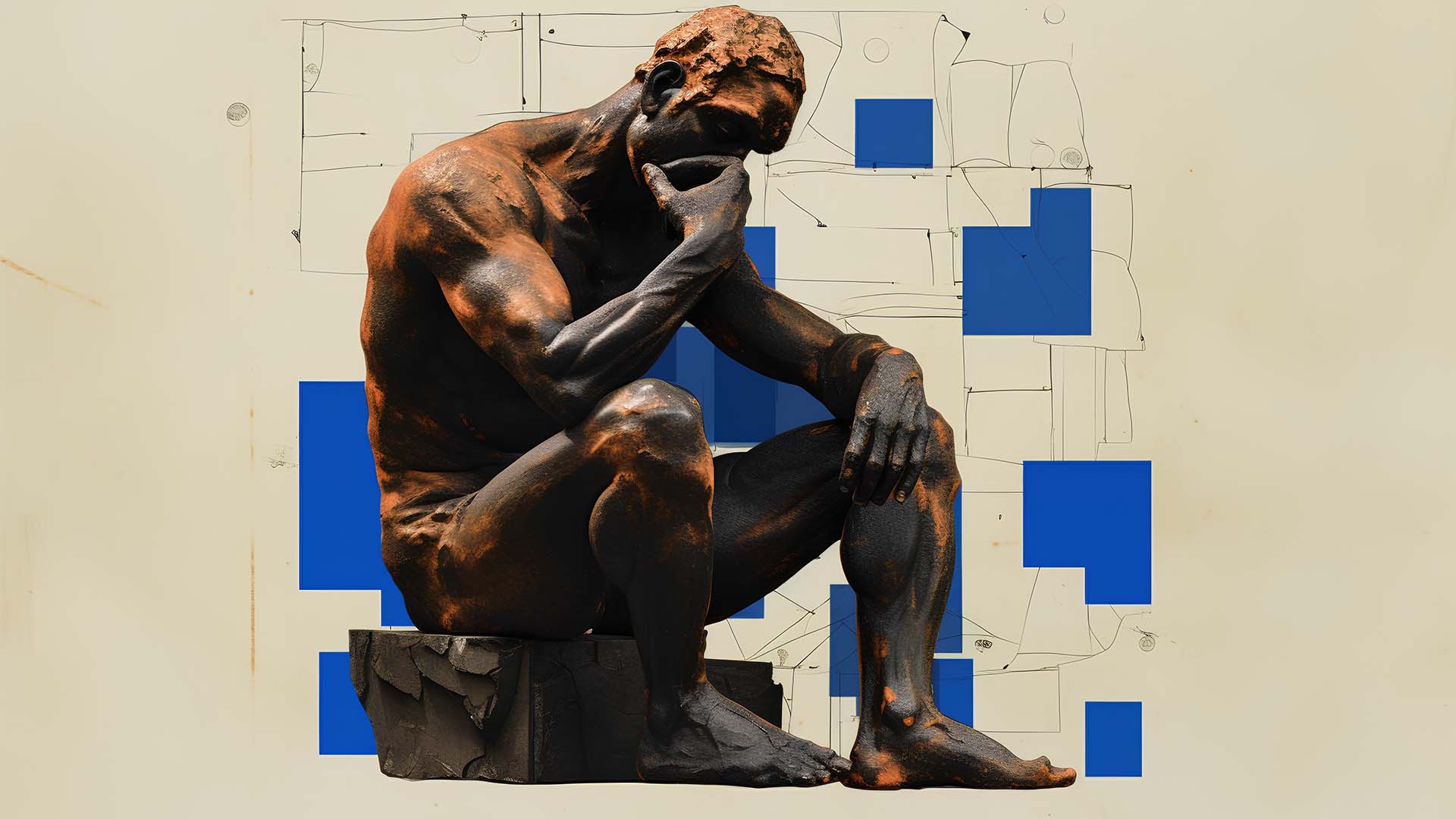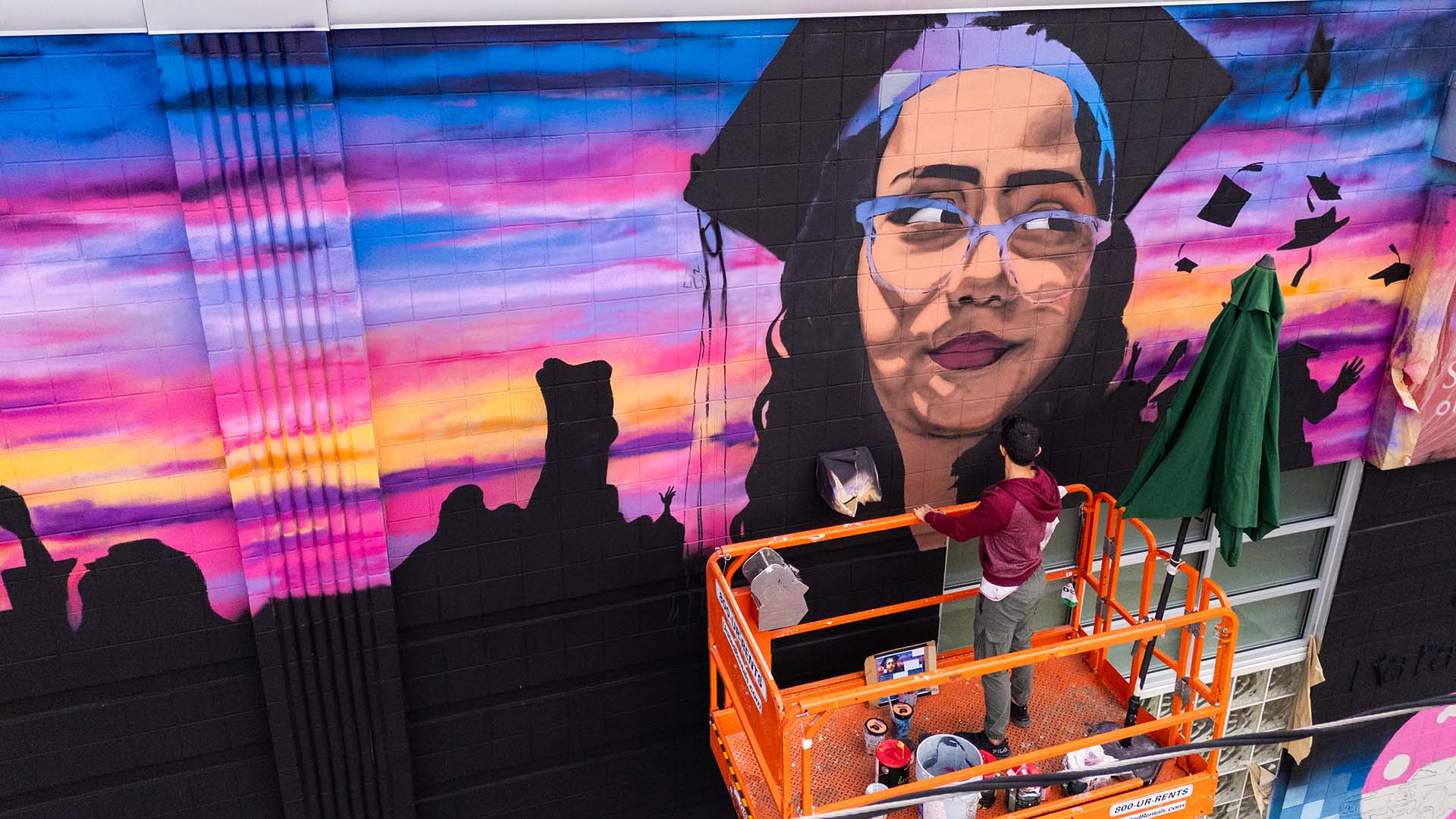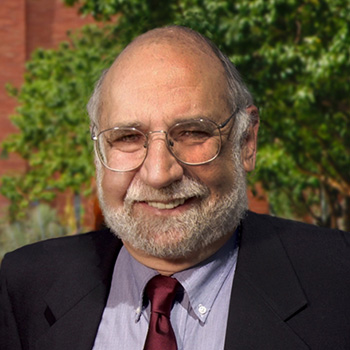Give her an ‘A’ for murder
English Professor Cynthia Kuhn just released her latest mystery novel; her debut was recently nominated for a major award.
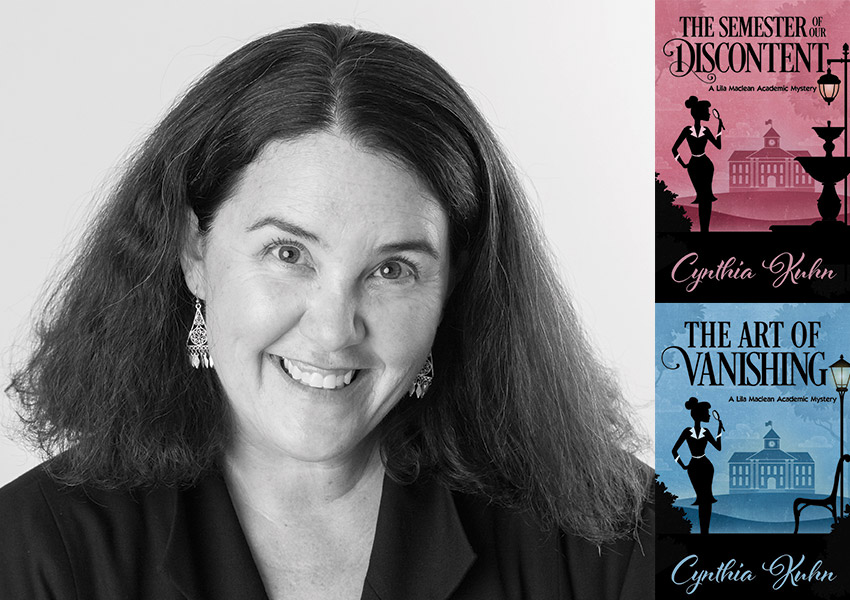
Marple, Marlowe, Morse, Maigret … and Maclean? If MSU Denver English Professor Cynthia Kuhn continues to publish top-notch tomes, her fictional detective — Lila Maclean — may well find herself someday alongside such celebrated literary sleuths.
Witness: Kuhn’s second volume in her Lila Maclean Mystery Series—”The Art of Vanishing“—was released by Henery Press on Feb. 28 while her debut whodunit—2016’s “The Semester of our Discontent“—was nominated for best first mystery in this year’s Agatha Awards, which recognize the best contributions to the “cozy” subgenre of mysteries.
The Insider caught up with Kuhn and, upon questioning, corroborated her busy schedule of grading papers and outlining plots, while uncovering plans for a third Lila Maclean mystery.
Introduce us to your detective, Lila Maclean.
She is a new professor at a small, private school – Stonedale University – and eager to succeed there, but she isn’t sure she fits in. Usually, she figures out the unspoken codes and rules by making mistakes. And, while trying to navigate the culture there, she also encounters mysteries that turn her into a reluctant sleuth.
Where did the inspiration for “The Semester of Our Discontent” come from?
During grad school, I was wrestling with a term paper and had an idea about a new professor who discovers a secret on campus. I jotted it down in my journal and kept thinking about it over the years until one day I had a powerful “now or never” moment and started writing.
How did you get interested in detective fiction/mysteries?
It all began with the Trixie Belden and Nancy Drew mysteries – followed by Agatha Christie – when I was a young reader.
Who would you say has influenced your writing the most, and why?
This is a very difficult question. In addition to the mysteries, because clearly those had an impact, I’d probably say William Goldman, who wrote “The Princess Bride” among other things, and Margaret Atwood, on whom I wrote my dissertation (I also teach a course on her work). They both are able to tell stories in ways that are humorous and serious at the same time – plus their timing is impeccable – and I feel as though I learn something new about writing (and the world) every time I read them.
Your work appears in the “cozy” subgenre of detective fiction. What’s that?
Cozy or traditional mysteries are usually set in a small town or village, they often feature an amateur sleuth, and they tend not to depict graphic violence or sex. Most of them have a “light” or humorous tone as well.
You were nominated for an Agatha Award this year. What does that distinction mean to you?
It is an incredible honor. I never imagined that could happen. And I’m such a fan of the other authors in the Best First Novel category – thrilled to be in their company.
You released your second novel, “The Art of Vanishing,” in late February. What are the main differences between your first outing and the new one?
Since “The Semester of Our Discontent” was the first in the series, “The Art of Vanishing” is similar in style and focuses on the same characters. Differences would include the kind of crimes and other issues explored throughout the book.
When will we see more of your scholarly sleuth solving campus crimes?
The third is scheduled to be submitted this fall, so about a year after that. Fingers crossed.
Can you tell us how being a published author informs your teaching?
My teaching has been informed both by the publication process and by participation in groups like Sisters in Crime and Mystery Writers of America. Those experiences have given me a broader understanding of how the business works – and how much it has changed in recent years – to share with students seeking publication. Listening to other working writers discuss their successes and challenges on an ongoing basis (in email discussion groups, at professional development events, and at conferences) is also invaluable in terms of providing potential strategies to students. And I am immersed in and empathetic to the trials and tribulations of producing a piece of writing – it’s very hard work!
Any advice for aspiring writers trying to get published?
Read as much as you can. Write as much as you can. Join professional groups (especially those dedicated to the genre in which you write) and learn as much as you can. And never give up.

